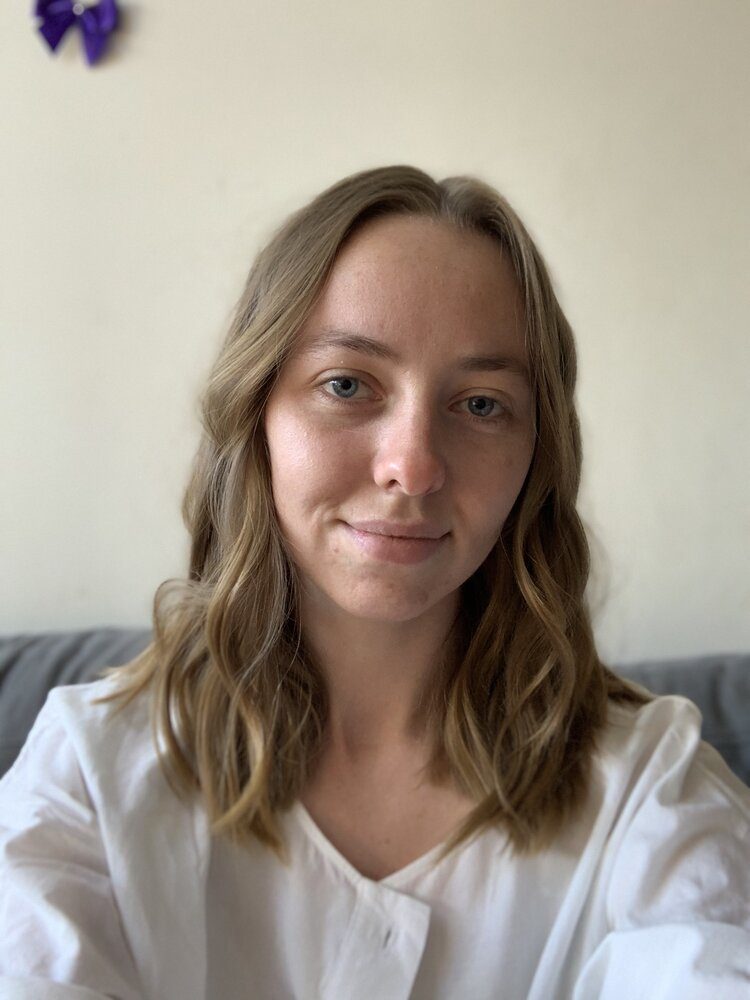Getting the most from your Medical appointments

Attending medical appointments can be scary, overwhelming, or confusing.
Kindred has developed a series of tips to help you prepare for, understand, and feel empowered in the appointment process.
Bring with you:
- Child’s health book (e.g. the blue book in NSW)
- Your referral (GP referral lasts 12 months, specialist last 3 months)
- Your Medicare card, healthcare card, pension card or private health insurance (if appropriate)
- Copies of X-rays, scans, blood test results
- Any letters from other specialists or therapists
- Any forms that need to be filled out or signed – IPTAAS, NDIS, Centrelink etc.
- Favourite toys to distract your child (they can be long appointments)
- Photos or videos you may have which can help the healthcare professional to understand the problem
Bring a support person
Where COVID-19 restrictions allow, many families find that bringing another person to the appointment can help. This person can help to distract or care for your child so you can focus on speaking to the healthcare professional. They can listen to what the doctor is saying, and help you ask questions or remember what happened afterwards. If your child is old enough to understand what is happening, it may be helpful for the support person to take your child out of the room, if there are things you or the healthcare professional believe it is best for them not to hear. For example, it may be upsetting for your child to listen to a conversation about their deficits. The support person could be a family member, friend, your child’s support worker, or a social worker.
Some hospitals have restrictions on visitors during COVID-19. A hospital social worker may grant an exemption, if appropriate for your family. It is best to call the social worker in advance, so that, if required, they can organise a larger room to allow for social distancing.
How to prepare
Coming to the appointment prepared can make the appointment more constructive. It is great to write things down beforehand, so if you forget anything during the appointment you have notes to prompt you. You might like to fill out the Reframing Disability appointment checklist for.
Even for older children, the healthcare professional may ask very specific questions about the early days, such as your child’s APGAR scores at birth, or the age they met their milestones. It can help to bring paperwork from the early days, such as your child’s health record (“blue book”).
If you are seeing a geneticist or genetic counsellor, they may have questions about your family’s medical history. Before the appointment, it can be helpful to speak to your child’s family members about any illnesses within the family.
Who will be there?
In a hospital appointment, you may first meet with a registrar (a doctor who is training to be a paediatrician). The registrar may ask you lots of questions, and then summarise this when the consultant (the specialist doctor) comes in later. Sometimes, you may meet with the consultant straight away. There may be members of the allied health team there – physiotherapists, speech therapists, dietitians or social workers. Some clinics are multidisciplinary team clinics, where multiple specialists attend on the same day to collaborate on care for a child with complex needs. Sometimes a medical student may attend. You have the right to say no to medical students being in the room if you do not want them there – this will not impact your treatment.
What will happen?
The specialist may ask you to describe your child’s medical history, from pregnancy and birth, to the health concern that you are attending the appointment for. They may ask you very specific or historical questions – if you aren’t sure or can’t remember, it is okay to say so. You can describe any signs or symptoms you notice at home, and what you have tried already before the appointment. It can help to share your goals for the appointment with the healthcare professional – for example, better pain management, or management for poor sleep. You can ask any questions you have – the healthcare professional will never think the questions are “silly”.
Summarising
At the end of the appointment, some families find it helpful to summarise the plan in their own words. This ensures you have understood the healthcare professional and will help you to remember the plan.
At the end of my daughter’s last gastroenterology appointment, I said “Let me just check that I have understood everything. We will try this new medication, one tablet in the morning, and, if that doesn’t help after one week, I will phone your secretary to make a new plan. If the medication does help, I will see you again in 3 months-time”. This ensured our understanding and expectations were aligned, and that I had a good follow up plan in place, so that we didn’t have to struggle for another 3 months between appointments if the medication didn’t work.
Don’t forget to ask for:
- Contact details – what is the best way to contact the doctor if you have a problem between appointments?
- Any prescriptions, pathology or medical imaging forms you need
- A copy of the clinic letter (this is a summary of the appointment sent to the doctor who referred you – a copy of this letter is helpful for your records and can be shown to other specialists as required)
- Any forms you need to be signed. This can be very tricky to follow up on between appointments so try your best to remember these!
Author – Gabi Simpson

Gabi is a clinical nurse specialist in neonatal intensive care, within a major tertiary referral hospital. In this role, she cares for infants with a newly diagnosed disability or chronic illness and their family. Gabi is an international board-certified lactation consultant, specialising in lactation for families who have a child with disability.
Gabi has one school-aged daughter with disability, who requires frequent hospitalisation due to her multiple health conditions. Gabi is passionate about empowering families to navigate the healthcare system and get the best health outcomes.